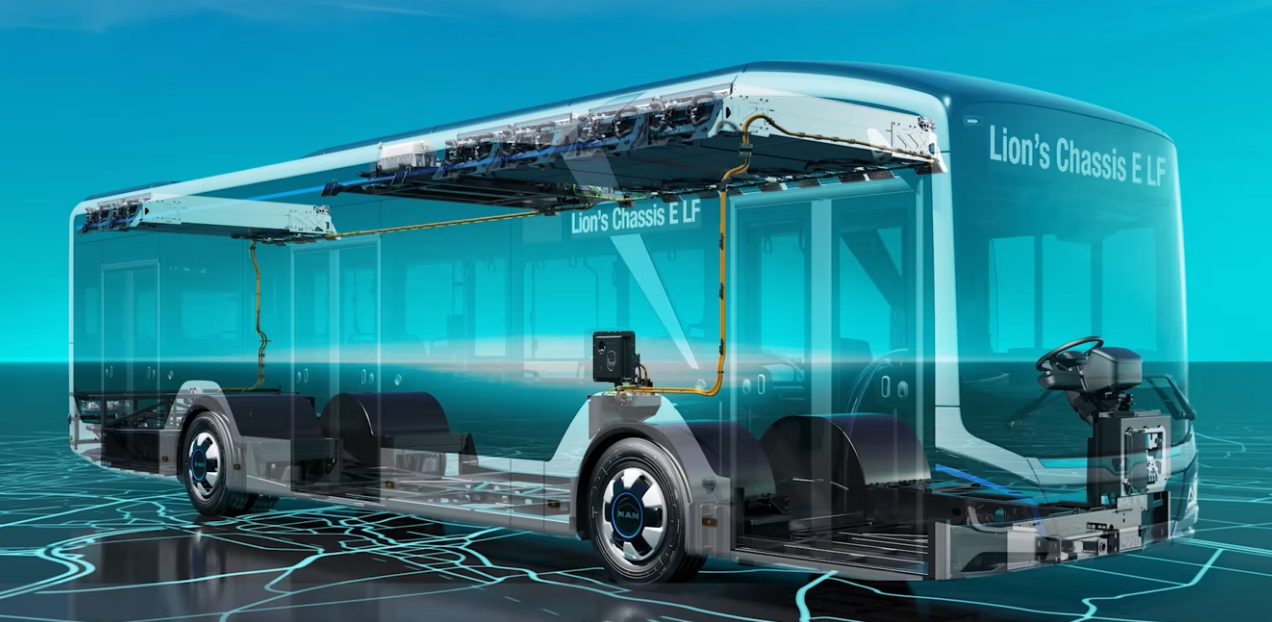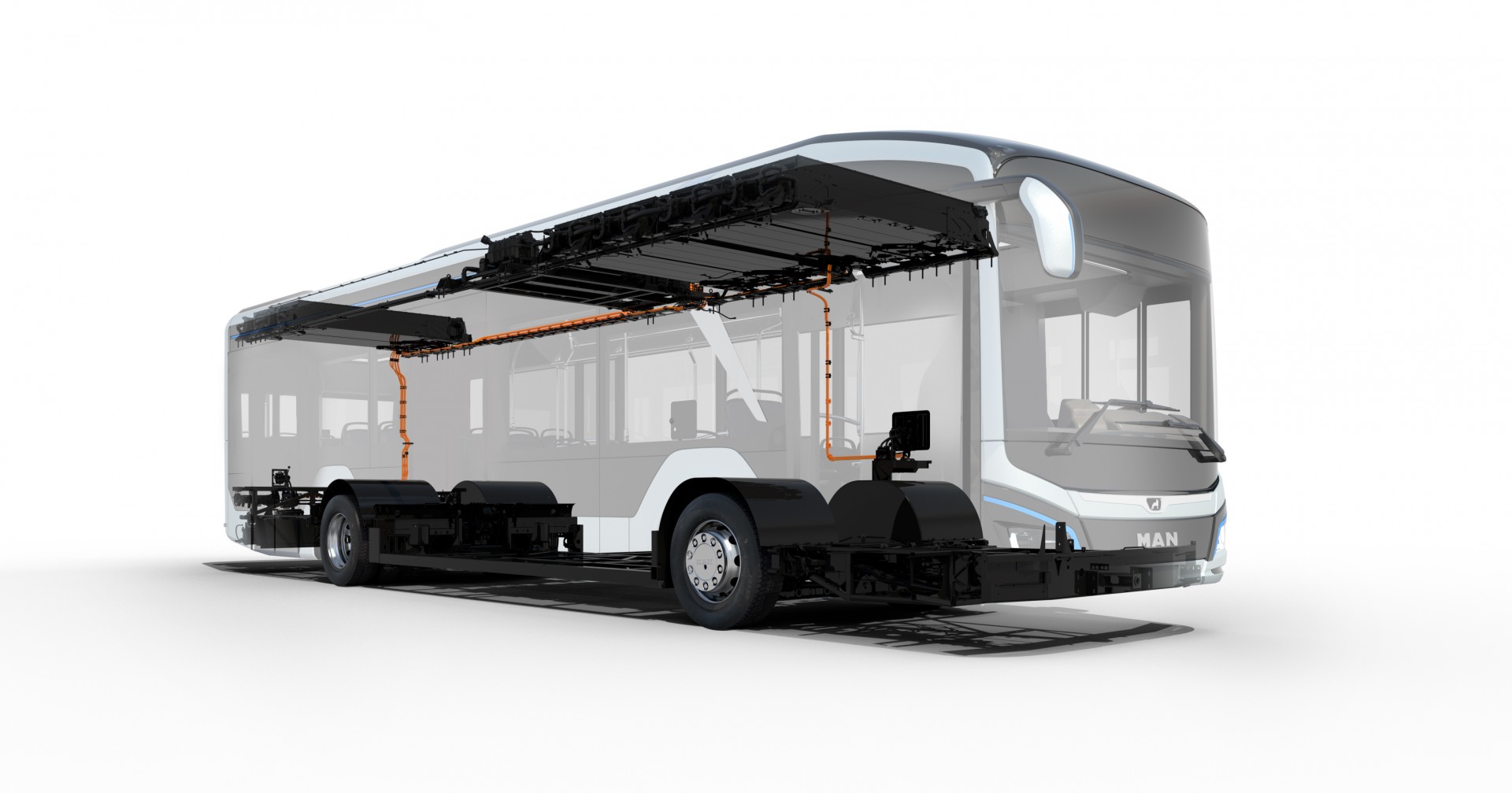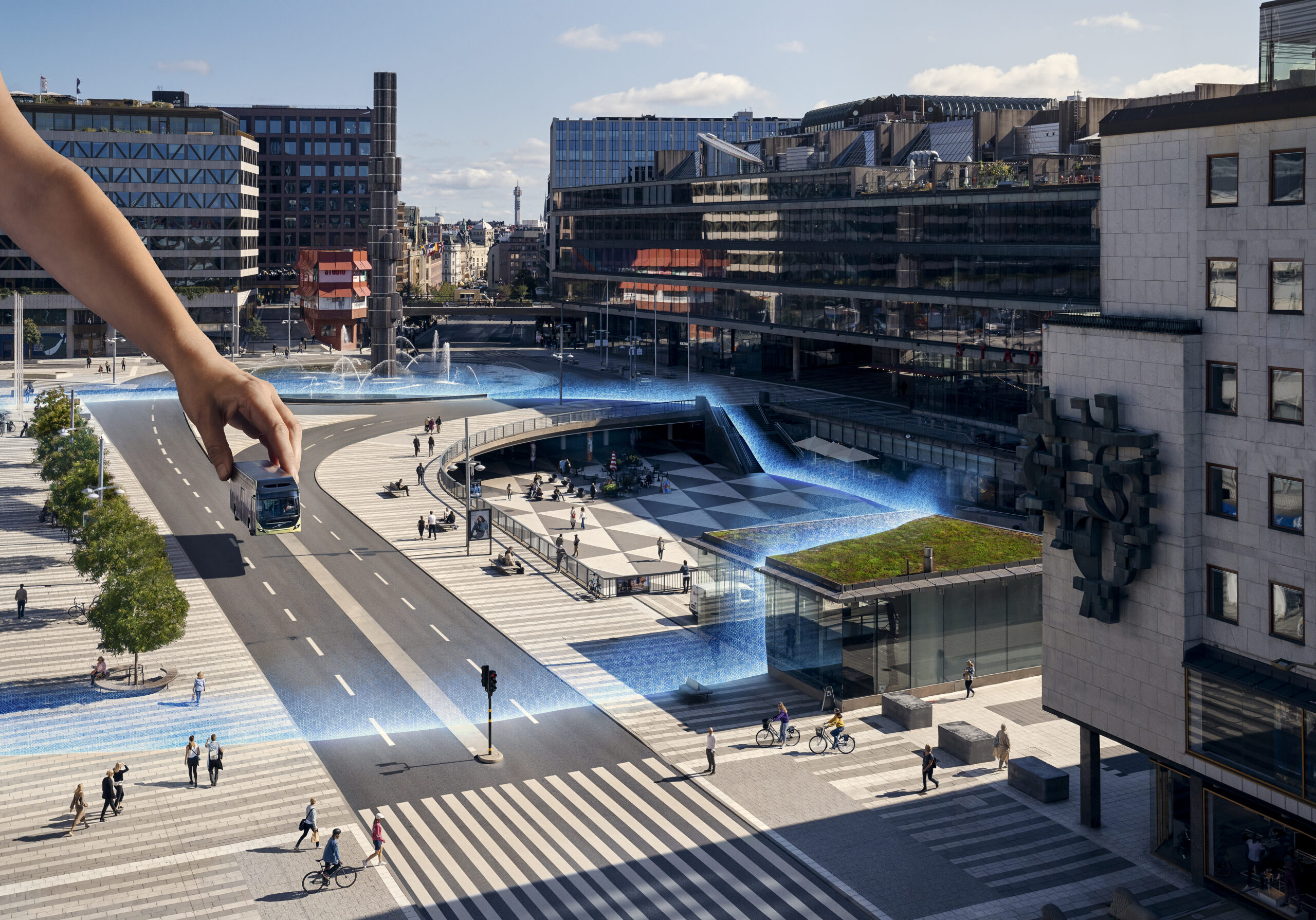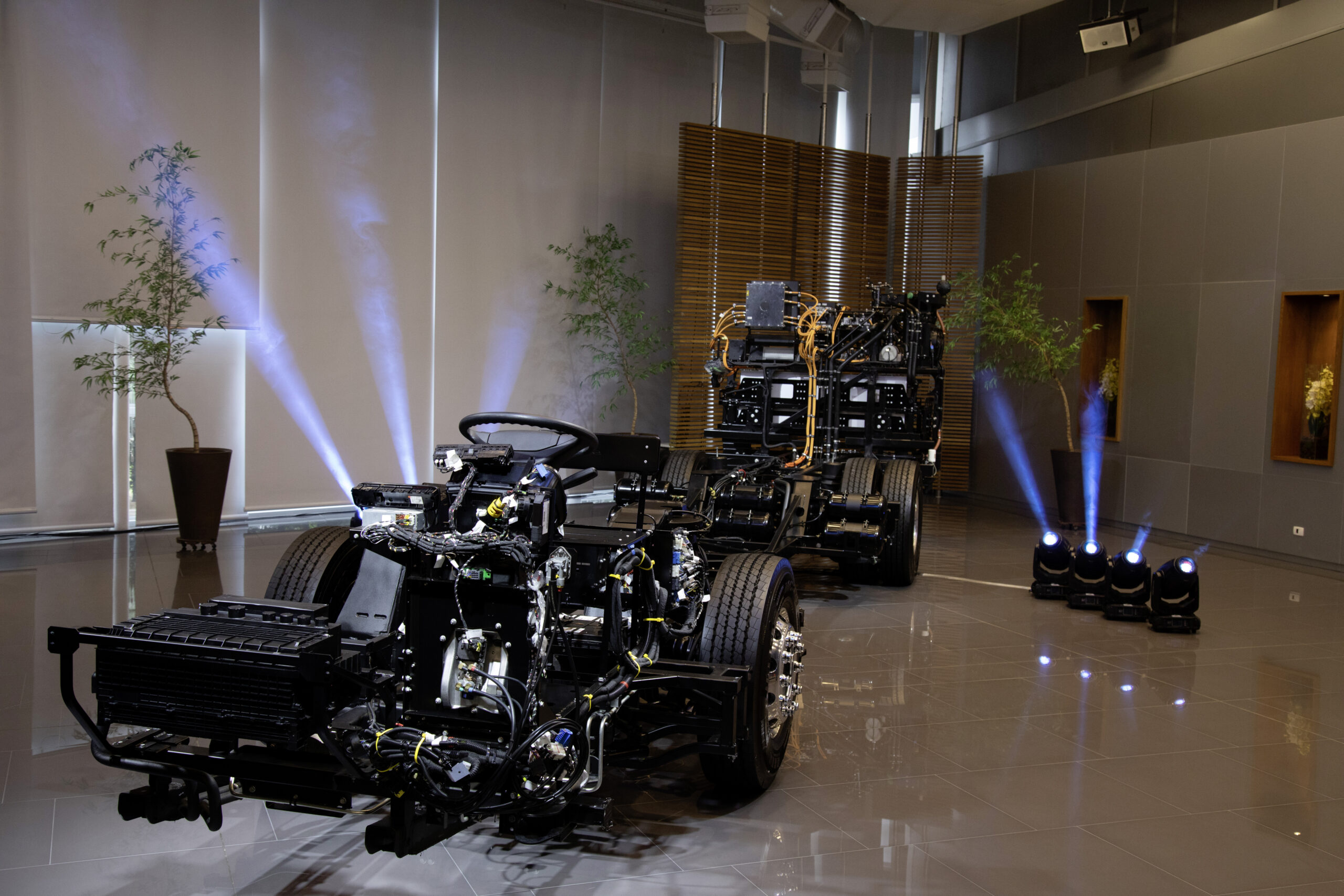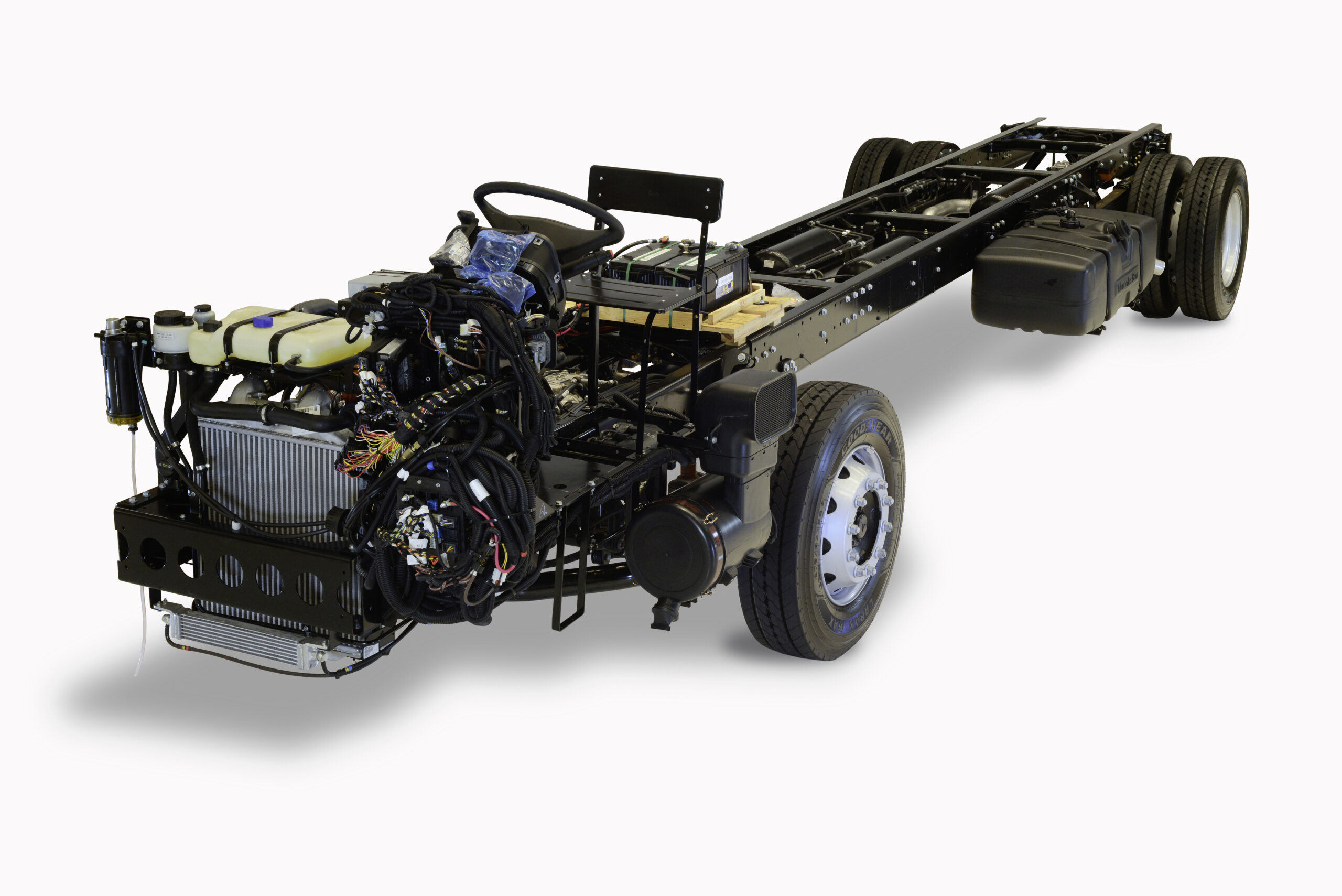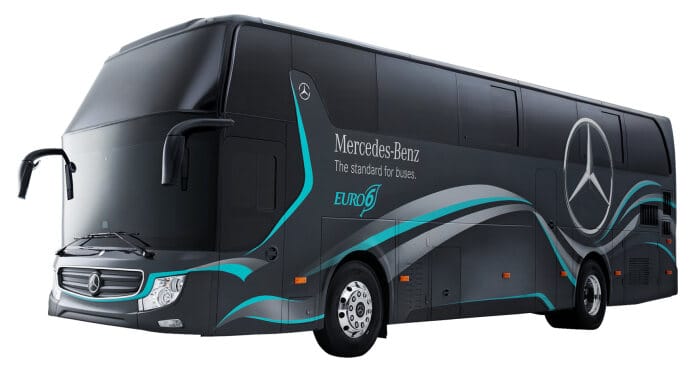Notwithstanding the controversy surrounding the FIFA World Cup in Qatar, there are many things that make this event unique and unprecedented.
One less remarked upon aspect of the tournament is the role of electric buses in getting fans to and from stadiums. Here, Roger Brereton, Head of Sales at bus steering parts manufacturer Pailton Engineering, argues that investment in greener buses could be a positive legacy of the tournament.
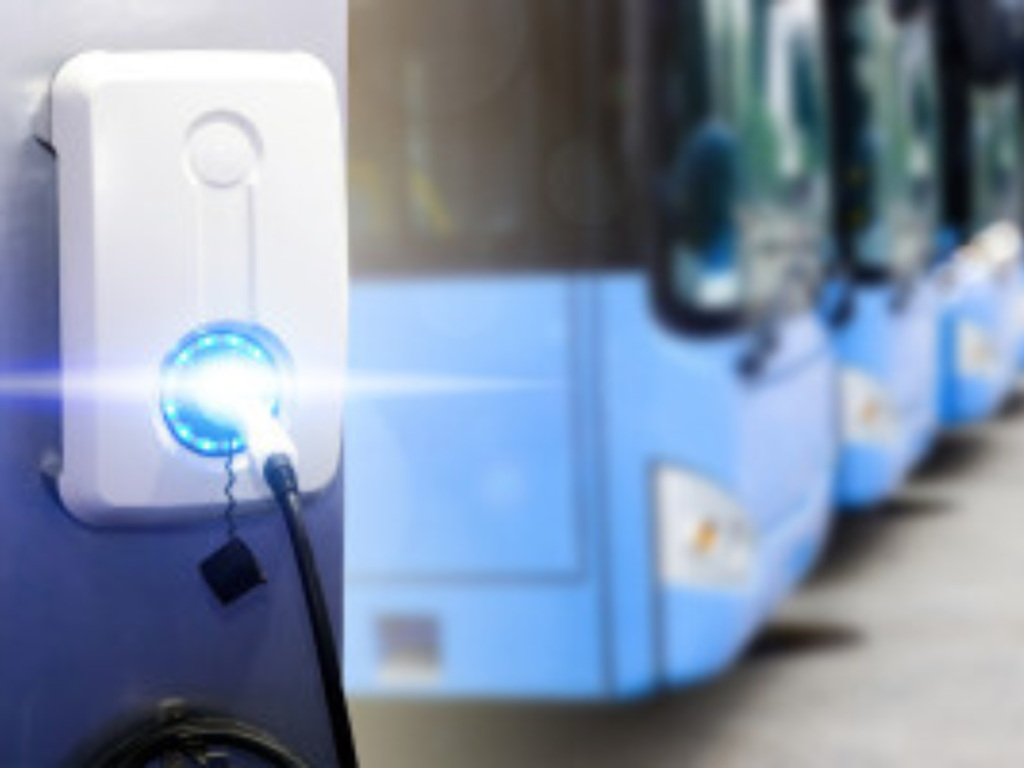
The 2022 FIFA World Cup will be a tournament of firsts. The first World Cup to be hosted by an Arab nation and the first World Cup to take place in the Middle East. The first World Cup to be held during the winter months. It is also the first World Cup claiming to be carbon neutral.
That claim, made by the tournament’s organisers, is certainly open to question. Some have questioned the sustainability credentials of the event and others have accused Doha of greenwashing. Regardless of where one stands on this controversial debate, there is no doubt that delivering this major sporting spectacle in a more sustainable way has been a key part of the agenda. There are surely lessons we can all learn from this experience.
A Boost for Buses
One area worth considering is the investment in public transport and electric buses specifically. An estimated 1.2 million football fans will descend on the small island state to witness the World Cup and they will be escorted to the eight stadiums via a fleet of buses that are integrated with the country’s metro system.
In preparation for this event, Qatar has extended its existing fleet of 1,000 buses to approximately 4,000 in total. As part of this investment, Chinese bus manufacturer Yutong has delivered 741 battery powered electric buses, giving Qatar one of the largest electric bus fleets in the world. Although electric buses were used during the 2008 Beijing Olympics, this will be the first time electric buses have been used to support public transport during a major global event on this scale.
In addition to the buses themselves, there has been a corresponding investment in infrastructure. The new bus depot in Lusail, which has capacity for 478 buses, entered the Guiness World Records as the world’s largest electric bus depot. It is the first of its kind in the region to rely on solar energy and includes 11,000 PV solar panels to generate 4MW of power every day.
This investment is not seen as a temporary indulgence but has been planned as part of a long-term agenda. The buses and the new infrastructure have been designed to be carefully integrated with the country’s metro system, home to one of the world’s fastest driverless trains which became operational in 2019. Yutong will also be investing further in Qatar by building a factory for manufacturing.
There is widespread agreement around the world about the need for greater investment in public transport and electric buses in particular. One of the potential barriers to electrification of bus fleets has always been the high start-up costs and the need for significant infrastructural changes. Major sporting events like the World Cup can potentially provide the impetus for a much needed shift toward greater investment in public transport.
While the World Cup itself may be short lived, it can be hoped that the legacy is more sustainable transport. Those of us interested in buses in other parts of the world will watch the football no doubt, but we will also be watching for what we might learn from this extra investment in e-mobility.
This article was originally published by Pailton Engineering.



